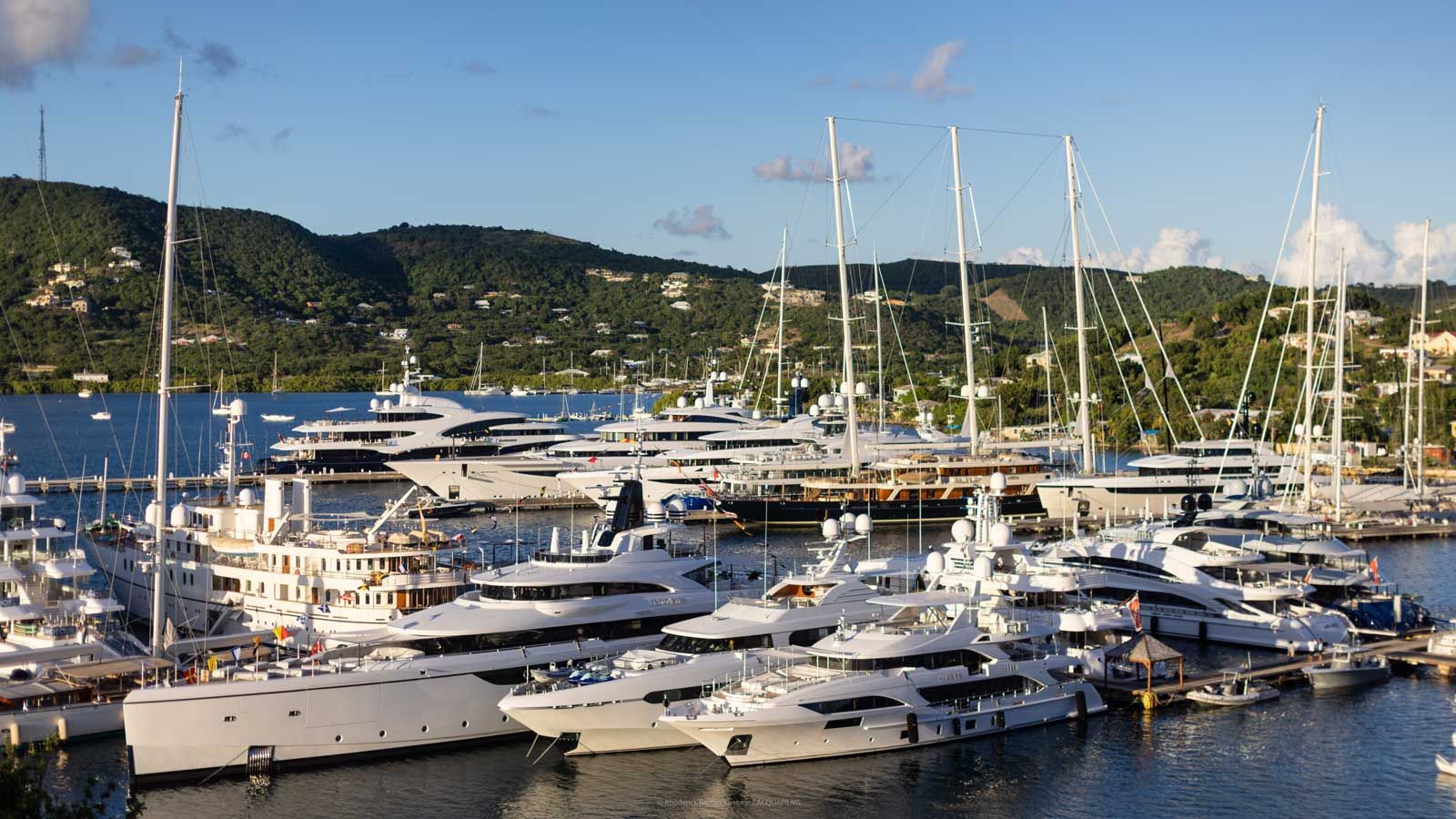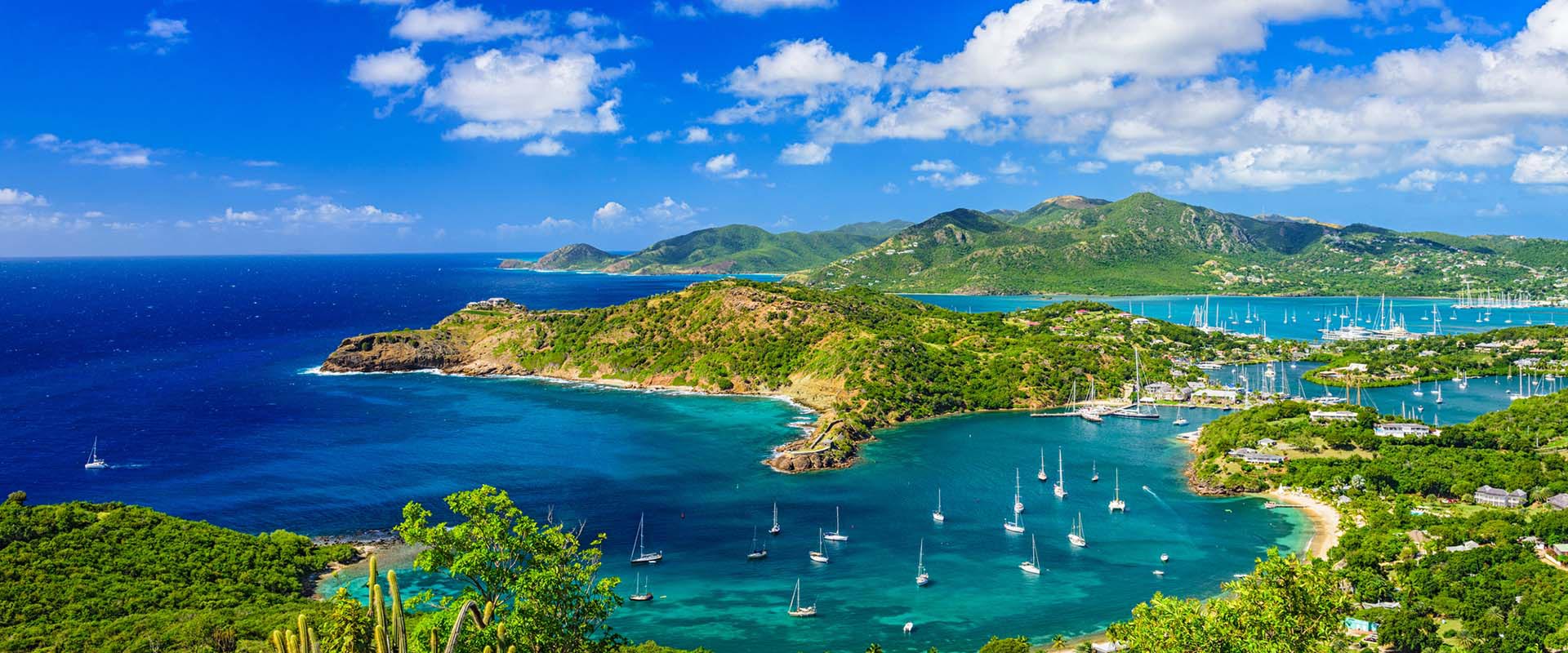MIAMI (AP) — A federal agent had a daring pitch for Nicolás Maduro’s chief pilot: All he had to do was surreptitiously divert the Venezuelan president’s plane to a place where U.S. authorities could nab the strongman. In exchange, the agent told the pilot in a clandestine meeting, the aviator would be made a very rich man.
The conversation was tense, and the pilot left noncommittal, though he provided the agent, Edwin Lopez, with his cell number — a sign he might be interested in helping the U.S. government.
Over the next 16 months, even after retiring from his government job in July, Lopez kept at it, chatting with the pilot over an encrypted messaging app. The untold, intrigue-filled saga of how Lopez tried to flip the pilot has all the elements of a Cold War spy thriller — luxury private jets, a secret meeting at an airport hangar, high-stakes diplomacy and the delicate wooing of a key Maduro lieutenant.
More broadly, the scheme reveals the extent — and often slapdash fashion — to which the U.S. has for years sought to topple Maduro, who it blames for destroying the oil-rich nation’s democracy while providing a lifeline to drug traffickers and terrorist groups.
This month, Trump authorized the CIA to conduct covert actions inside Venezuela, and the U.S. government has also doubled the bounty for Maduro’s capture on federal narco-trafficking charges, a move that Lopez sought to leverage in a text message to the pilot.
Details of the ultimately unsuccessful plan were drawn from interviews with three current and former U.S. officials, as well as one of Maduro’s opponents. All spoke on the condition of anonymity because they were either not authorized to discuss the effort or feared retribution for disclosing it. The Associated Press also reviewed — and authenticated — text exchanges between Lopez and the pilot.
Attempts to locate the pilot, Venezuelan Gen. Bitner Villegas, were not successful. The U.S. Department of Homeland Security and the State Department did not comment. The Venezuelan government did not respond to a request for comment.
The plot was hatched when a tipster showed up at the U.S. Embassy in the Dominican Republic on April 24, 2024, when Joe Biden was president. The informant purported to have information about Maduro’s planes.
Lopez was intrigued: He knew that any maintenance was most likely a criminal violation under U.S. law because it would’ve involved the purchase of American parts, prohibited by sanctions on Venezuela. The planes were also subject to seizure for violating those same sanctions.
As Lopez reconstructed the case, he realized there was a potential opportunity. What if he could persuade the pilot to fly Maduro to a place where the U.S. could arrest him? Maduro had been indicted in 2020 on federal narco-terrorism charges accusing him of flooding the U.S. with cocaine.
Lopez's attempts ultimately highlight not just the risks to the pilot but the broader narrative of rebellion and loyalty within Maduro’s regime, emphasizing the psychological and political stakes involved in confronting such a powerful figure.



















